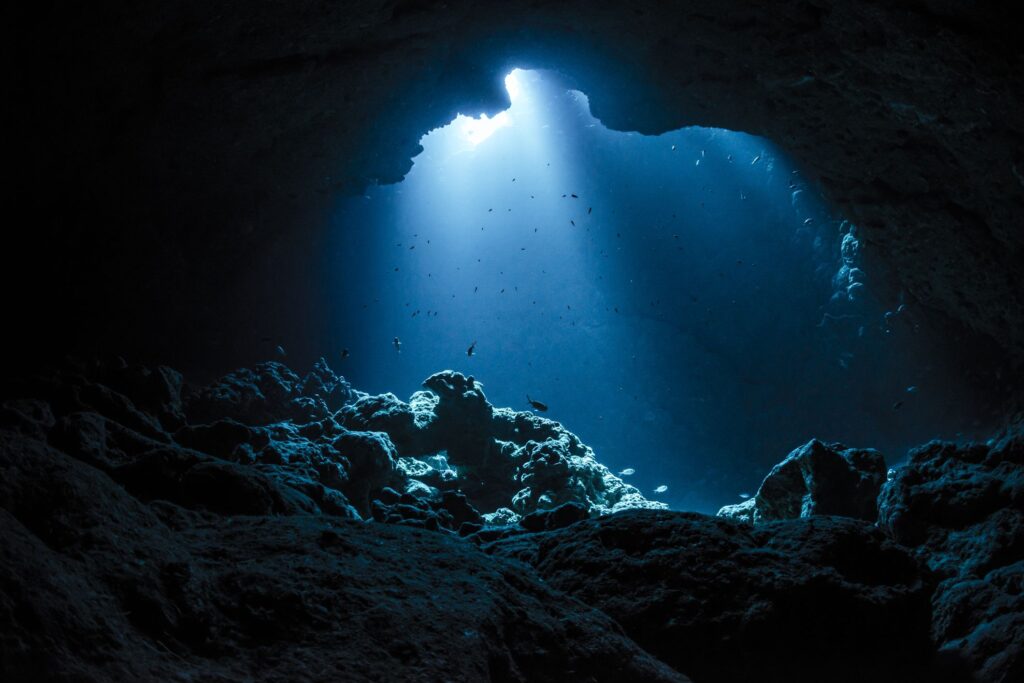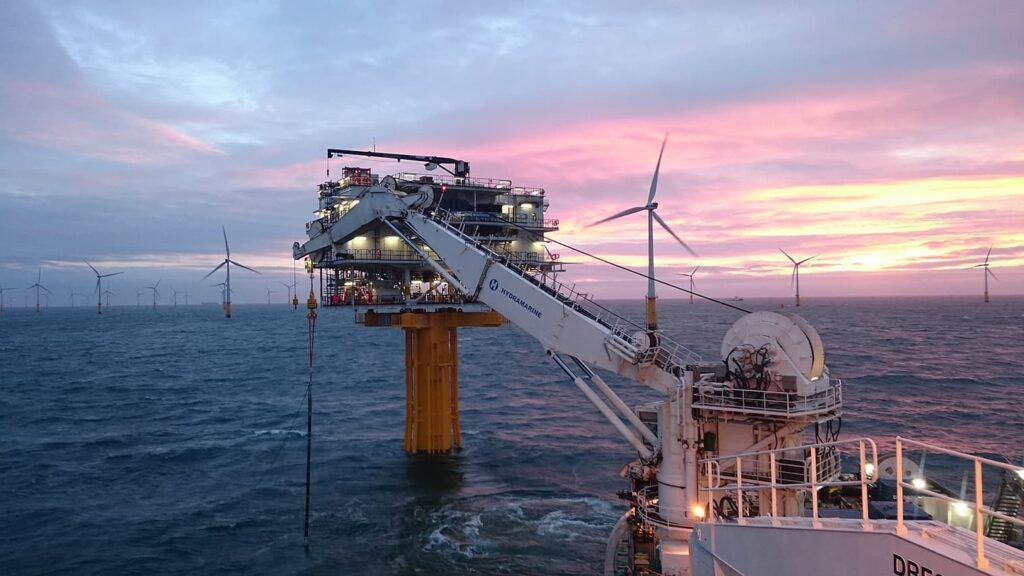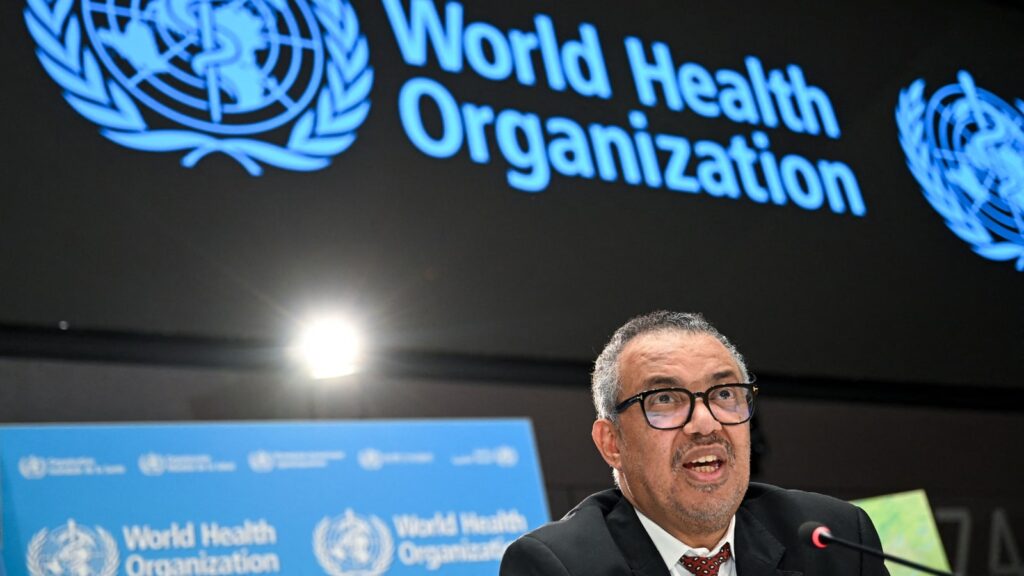Table of Contents
Scientists have been searching for answers to preserve what is left as the world faces fast climate change that is having an impact on the most pristine ecosystems on Earth.
Governments from across the world have been negotiating for years to mine the deep sea and search for metals and material resources on the ocean’s seafloor.
Now that long-awaited duties might aid in the world’s transformation to utilizing green energy, the International Seabed Authority, an operator supported by the United Nations, plans to begin discussions.
According to the AP, “the authority will soon need to begin accepting mining permit applications, adding to worries over the potential impacts on sparsely researched marine ecosystems and habitats of the deep sea.”
Granting the mining
Scientists and campaigners are voicing worries about potential irreparable harm to the unspoiled ecosystem as several corporations and nations submit applications for licenses to conduct mining activities in the ocean.
The UN emphasizes further that a proposal to mine this particular and intricate region of the Earth would result in irreversible ecosystem and habitat loss as well as irreparable destruction of priceless carbon stores.
The UN is reportedly contemplating approving the first commercial deep-sea mining application for metal, despite the lack of laws to control the practice, according to The Economist.
According to AP, “Deep sea mining involves extracting metals and mineral deposits from the ocean’s seabed.” The three methods of mining involve extracting huge seabed sulfide deposits and polymetallic nodules rich in deposits from the ocean floor.

Potential of the deep seafloor
Minerals found in the nodules, deposits, and crusts might help businesses and nations make the shift to effective green energy. Sea minerals including copper, nickel, aluminium, manganese, zinc, lithium, and cobalt may be able to slow down global warming.
The need for these minerals has grown as the production of solar panels, wind turbines, electric vehicle batteries, and other renewable energy sources has reduced the need for fossil fuels.
Although the idea of mining the deep ocean floor has been discussed since the 1960s, it has lately gained in significance as countries work to meet ambitious climate objectives such as generating net zero emissions by 2050.

Sustainable business?
In a study published in 2022, the United Nations Environment Programme (UNEP) stressed that it is difficult to imagine how deep-sea mining operations might be financed in a sustainable manner given the state of the oceans. The Sustainable Blue Economy Finance Principles, according to the UN, may not be followed by the activities.
According to the AP, deep-sea mining engineering and technology are still being developed, and some businesses are aiming to utilize enormous pumps to hoover up minerals from the bottom.
In contrast, other researchers are developing intelligent technologies employing artificial intelligence (AI) by teaching deep-sea robots to collect nodules from the ocean floor.
Advanced equipment that can extract resources from the surfaces of enormous underwater mountains and volcanoes are also being developed in further attempts.
Early in July, the Legal and Technical Commission of the International Seabed Authority (ISA), a UN-backed organization that oversees the creation of seabed mining legislation, will convene to negotiate the draught mining code.
“The earliest that mining under ISA regulations could begin is in late 2024 or 2025. Applications for mining must be considered and environmental impact assessments need to be carried out,” according to the AP.

READ ALSO – Do Your Kids Consume Fatty, Sugary Food? WHO Releases Recommendations Against Harmful Foods Advertising
The World Health Organization (WHO) has updated its recommendations for safeguarding kids from the negative consequences of food marketing


